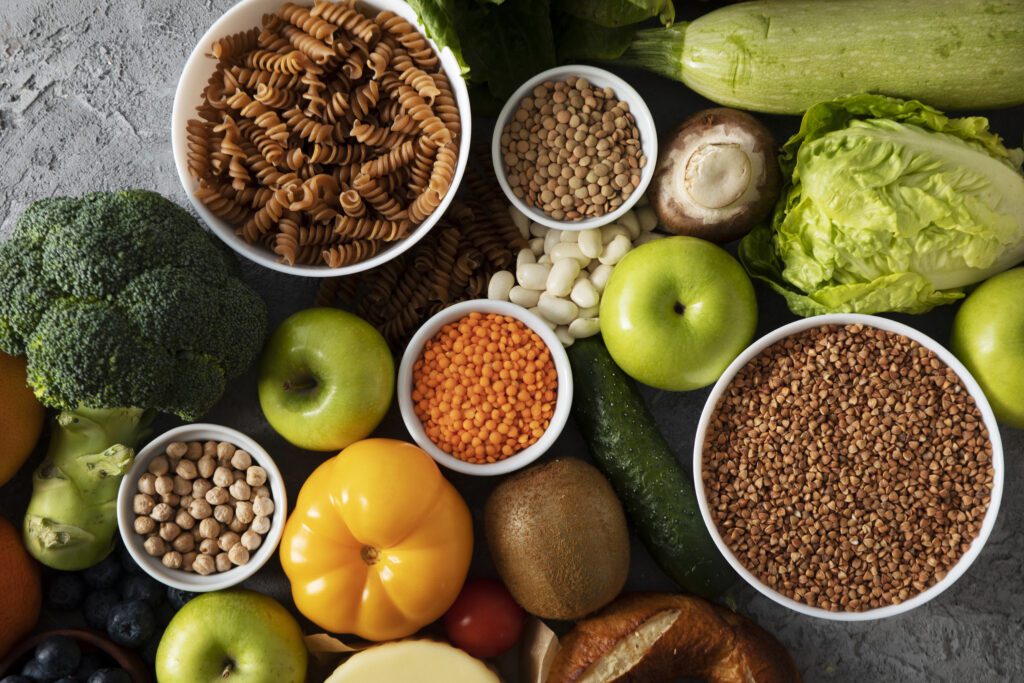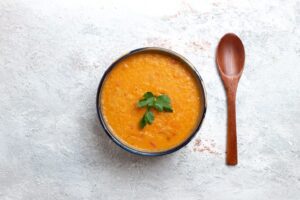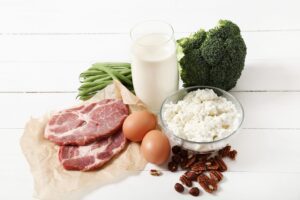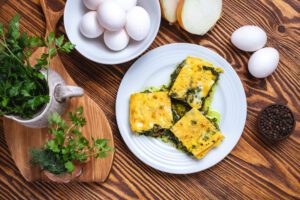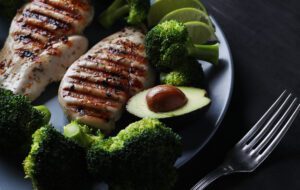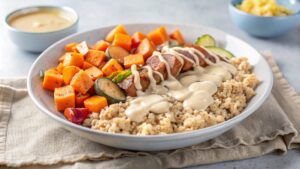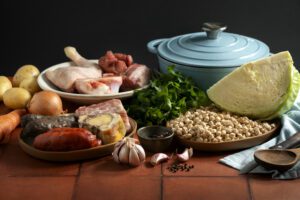Cancer is such a disease that causes emotional and physical pain not only to the patient but also to his family and friends. Whenever someone hears the name of this disease, only one question comes to his mind-“Is there any natural way to cure it?” In answer to this question, many people are attracted to “cancer-fighting foods”. Let’s talk about this topic scientifically and address the cancer-fighting foods myths surrounding it.
Table of Contents
Rise of Cancer-Fighting Foods Myths
- Role of Media and Social Media: Nowadays headlines are everywhere—”XYZ superfood kills cancer!” or again, “This food is the cure for cancer!” These headlines seem sensational but are mostly wrong or false. The media always simplifies scientific studies, due to which people draw wrong conclusions. further perpetuating cancer-fighting foods myths.
- Influence of Anecdotal Evidence: “A friend said he drank green tea and his cancer was cured.” Such statements sound hopeful, but they are not genuine in every case. Personal experiences do not always support medical facts, and they contribute to the widespread belief in cancer-fighting foods myths.
- Wrong Interpretation of Scientific Studies: Many times studies are only done on lab experiments or animals. They do not have direct applications for humans, still, people assume that these foods can cure cancer, adding to the confusion around cancer-fighting foods myths.
What the science says about diet and cancer
- Connection of cancer prevention and a healthy diet: Cancer risk is mitigated by whole grains, fruits, and vegetables. These foods nonetheless should not be confused with cancer treatment. A healthy diet can reduce the risk of problems but does not mean there is no need for a health care system. Believing otherwise is another form of cancer-fighting foods myths.
- Immunity and Health Support: Through consuming a balanced diet, the immune system is strengthened which in turn helps the body in fighting infections and diseases. Nevertheless, cancer treatment requires methods such as chemotherapy and surgery.
- Role of diet in managing treatment side effects: Those undergoing cancer treatments suffer problems such as fatigue, nausea, and loss of appetite. In this respect, a diet that is well-balanced and rich in nutrients will help prevent these problems, but it does not confirm the belief in cancer-fighting foods myths.
Popular Cancer-Fighting Food Myths Debunked
- Myth 1: Antioxidants can cure cancer: Antioxidants like vitamins C and E protect cells from damage. But there is no proof that they cure cancer. Over-supplementation can sometimes be harmful, further showing why cancer-fighting foods myths are misleading.
- Myth 2: Turmeric, kale and green tea directly kill cancer cells: The curcumin in turmeric and the catechins in green tea are anti-inflammatory, but their cancer-curing effect is limited to lab studies. Their moderate use in daily life is good for health, but it is not a replacement for cancer treatment, disproving a common cancer-fighting foods myth.
- Myth 3: Alkaline diet starves cancer: This is a popular claim, but science says that the body maintains its pH balance. Eating does not have any significant impact on blood pH. Believing otherwise is another form of cancer-fighting foods myths.
- Myth 4: Organic foods are perfect for cancer prevention: Organic foods reduce pesticide exposure, which is beneficial for health. But they do not completely prevent cancer. A balanced diet is important, whether it is organic or conventional. The notion that organic foods are a surefire prevention method is part of the cancer-fighting foods myths.
Foods That Support Cancer Prevention (Not Cure)
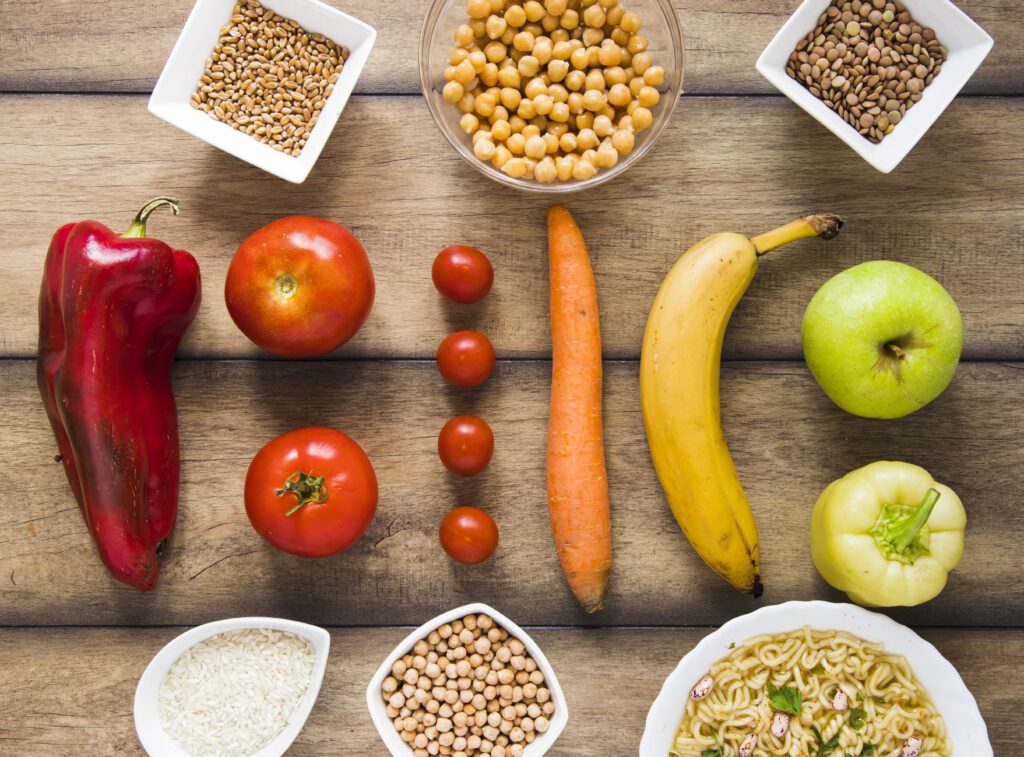
- Fruits and Vegetables: Cruciferous vegetables such as broccoli, cauliflower, and kale have cancer-preventive properties. Citrus fruits provide vitamin C which is essential for cell health.
- Whole Grains and Fiber: Fiber-rich foods improve digestion and reduce the risk of colorectal cancer. Including them in your diet is beneficial, but relying on them as a cure falls into the trap of cancer-fighting foods myths.
- Healthy Fats: Omega-3 fatty acids from nuts, seeds, and fish reduce inflammation, which is essential for long-term health.
- Vitamins and Minerals: Vitamin D and selenium have associations with lower cancer risk, but their overdose can be harmful. Misinterpreting these benefits can lead to belief in cancer-fighting foods myths.
Effect of misinformation on cancer patients
- Treatment delay: Due to myths, patients often run towards alternative treatments, which are not effective. This delays their actual treatment.
- False hope and mental stress: Wrong information gives false hope to people, which can further deteriorate their mental health.
- Need for professional consultation: Diet-related decisions should always be taken with professional guidance. Falling for cancer-fighting foods myths often discourages patients from consulting medical professionals.
Balanced Diet Recommendations For Cancer Patients
1. Role of Dietitians
- Cancer patients need to have a personalized diet plan that supports their treatment and health.
2. Healthy Meal Examples
- Grilled fish and steamed vegetables.
- Brown rice and lentil soup.
- Fresh fruit smoothie with chia seeds.
Conclusion
The wrong expectations are created by myths about foods that prevent or fight cancer. A balanced diet helps in maintaining general health and good immunity but cannot be considered a remedy for cancer. Always rely on medical advice and scientific research to avoid falling into the trap of cancer-fighting foods myths.
FAQs
Can eating healthy food prevent cancer?
A healthy diet reduces the risk but does not completely prevent it.
Do certain foods increase cancer?
Processed and sugary foods are harmful to health but do not directly cause cancer.
Are supplements safe during cancer treatment?
Taking supplements without the advice of a doctor can be risky.
Are fad diets good for cancer patients?
It is not recommended to follow fad diets. Balanced nutrition is important.
Which diet is best for cancer patients?
A personalized, nutrient-rich, and balanced diet is best.

